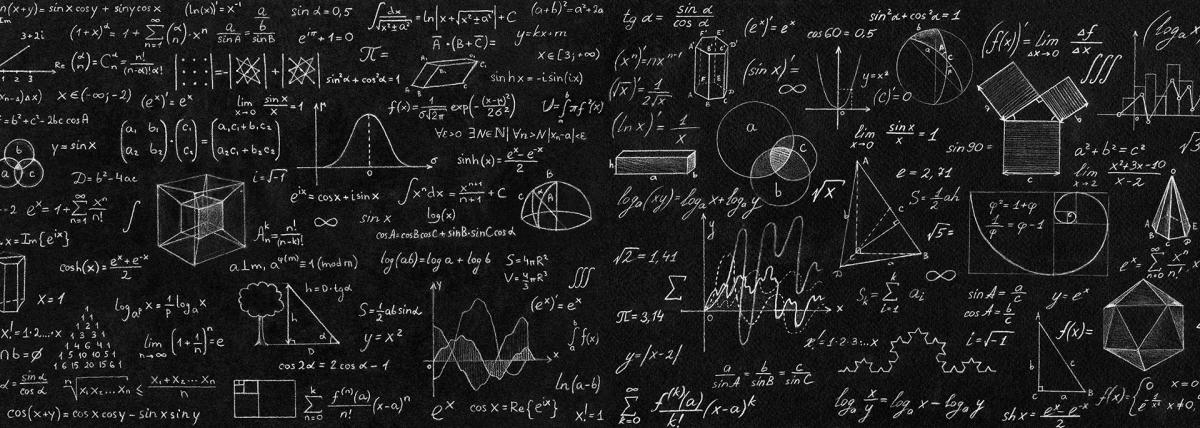
Exploring Robotics and Algorithmic Thinking
by Deepak Arora
In this hands-on STEM lesson, students take on the role of engineers tasked with developing an autonomous robotic solution for a complex real-world challenge. They explore the fundamentals of robotics, including components like sensors, actuators, and controllers, while learning the importance of algorithmic thinking and problem decomposition. Students work in teams to design, build, and program robotic systems using programming environments and robotic kits. By applying engineering design principles and iterating their solutions through testing and debugging, they develop critical thinking, problem-solving, and collaboration skills. The lesson incorporates differentiation strategies, enrichment opportunities, and practical applications to foster a comprehensive understanding of robotics, programming, and algorithmic thinking. Culminating in group presentations and evaluations, students showcase their optimized robotic solutions, demonstrating their mastery of the concepts covered.
Lesson Plan Link/URL
https://docs.google.com/presentation/d/1DeEz2xpueoZLs6JHxCRdyzUNXHzcyEeh/edit?u…Subject Area
Technology 1. Empowered Learner 2. Digital Citizen 5. Computational Thinker 6. Creative Communicator Engineering S2: Apply the Engineering Design Process S5: Apply Technology to Engineering
Featured
Off
Related Content

Grades:
9th Grade, 10th Grade, 11th Grade, 12th Grade
This STEM project allowed students to embark on an exciting journey of entrepreneurship with "Ride to Success." In this immersive STEM lesson plan, students will not only learn the ins and outs of

Grades:
7th Grade, 8th Grade, 9th Grade, 10th Grade, 11th Grade, 12th Grade
Students will study car barrier engineering in this lesson. They will study how Newton’s Second Law of motion can be applied to determine how to decrease the force of impact during a collision. They

Grades:
9th Grade, 10th Grade, 11th Grade, 12th Grade
Using the Introduction to Hydroponics lab, introduce students to the features of the Hydroponic Systems. Students will explore the different types of grow mediums and grow lights used in the systems